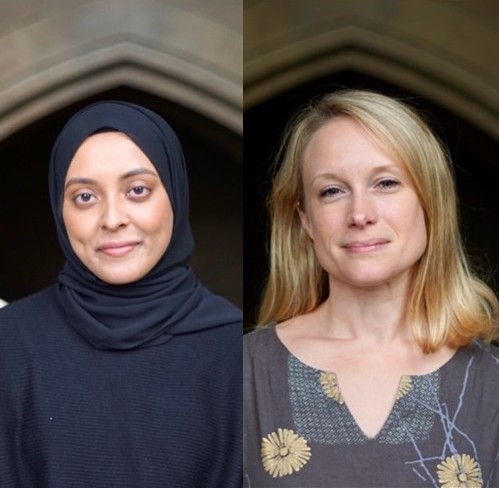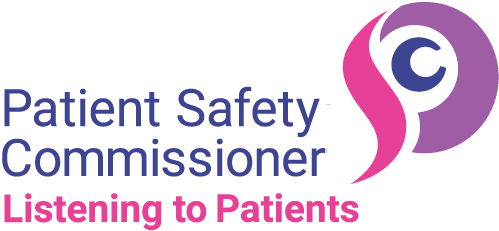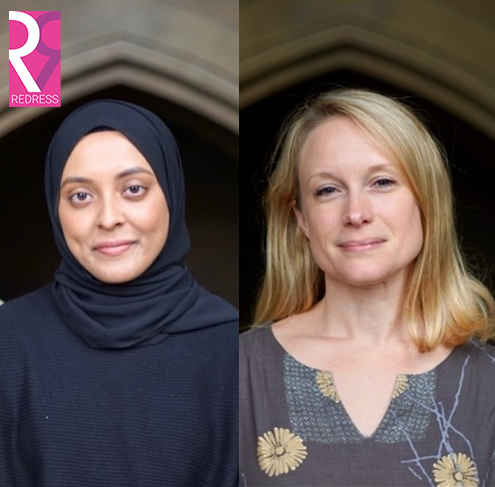
Children exposed to sodium valproate in the womb are at a higher risk of physical and developmental difficulties, and some receive a diagnosis of Fetal Valproate Spectrum Disorder (FVSD).
We interviewed 13 adults living with FVSD and 17 parents to understand the challenges young people face as they grow older. Here are our key findings which highlight an extensive array of symptoms and challenges which evolve over time but do not become less impactful. Comprehensive results will be made available at a later date.
The symptoms and challenges of FVSD persist into adulthood. Some adults experience symptom improvement due to better understanding of their condition and the development of coping strategies for specific challenges, but this adaptation does not equate to resolution. New symptoms emerge later in life and mental wellbeing significantly declined. This can be attributed to factors including the loss of support services in adulthood, deteriorating physical health, heightened awareness of their limitations, and perceived lack of progress in adult life.
 One parent told us: ‘We’re swimming in treacle constantly. It’s just the flow can either be thinner or thicker at different times. As he’s got older, some things might have dropped and they’re not a problem anymore and then something else arises.’
One parent told us: ‘We’re swimming in treacle constantly. It’s just the flow can either be thinner or thicker at different times. As he’s got older, some things might have dropped and they’re not a problem anymore and then something else arises.’
While there was some improvement in skill development and self-sufficiency from childhood, many adults with FVSD relied heavily on parents, caregivers, or partners for essential daily tasks such as housekeeping, meal preparation, personal hygiene, and transport. Some showed a willingness to be able to live independently but parents held reservations and concerns about feasibility.
The majority of people with FVSD self-describe or are described by their parents to be socially withdrawn, preferring solitary activities such as online gaming, artwork, and puzzles. They often avoided noisy and crowded settings due to sensory challenges and the anxiety these environments provoked. There was a concern that young people ‘masked’ their feelings and did not express when something was wrong, possibly due to communication difficulties or fear of negative consequences. Young people with FVSD described having small social circles, often limited to just one close friend or none at all. One parent said: ‘She used to meet up with people that she knew in school, but they don’t have any thing in common now. So automatically, you’ve got all these other exclusions going on, as well as having special needs.’
Some of the research group had found employment or voluntary work in fields such as cleaning, IT, education, and caregiving. However most were unable to work even if they possessed qualifications. Reasons for high unemployment included reduced support in the workplace, a lack of accommodations for specific needs, and challenges related to the condition, such as sensory difficulties in high-stimulus or processing difficulties in fast-paced environments.
Support services in adulthood is limited or entirely absent. Access to support is inconsistent and contingent on factors such as geographical location and the severity of the disability, and often involves significant challenges. One parent summarised: ‘No one has anything to do now with him. It was as soon as he hit a certain age, then all help kind of vanished.’
Dr Sonia Khanom is a Research Assistant at the University of Manchester
Dr Rebecca Bromley is a Senior Clinical Lecturer at the University of Manchester and an NHS Paediatric Neuropsychologist

